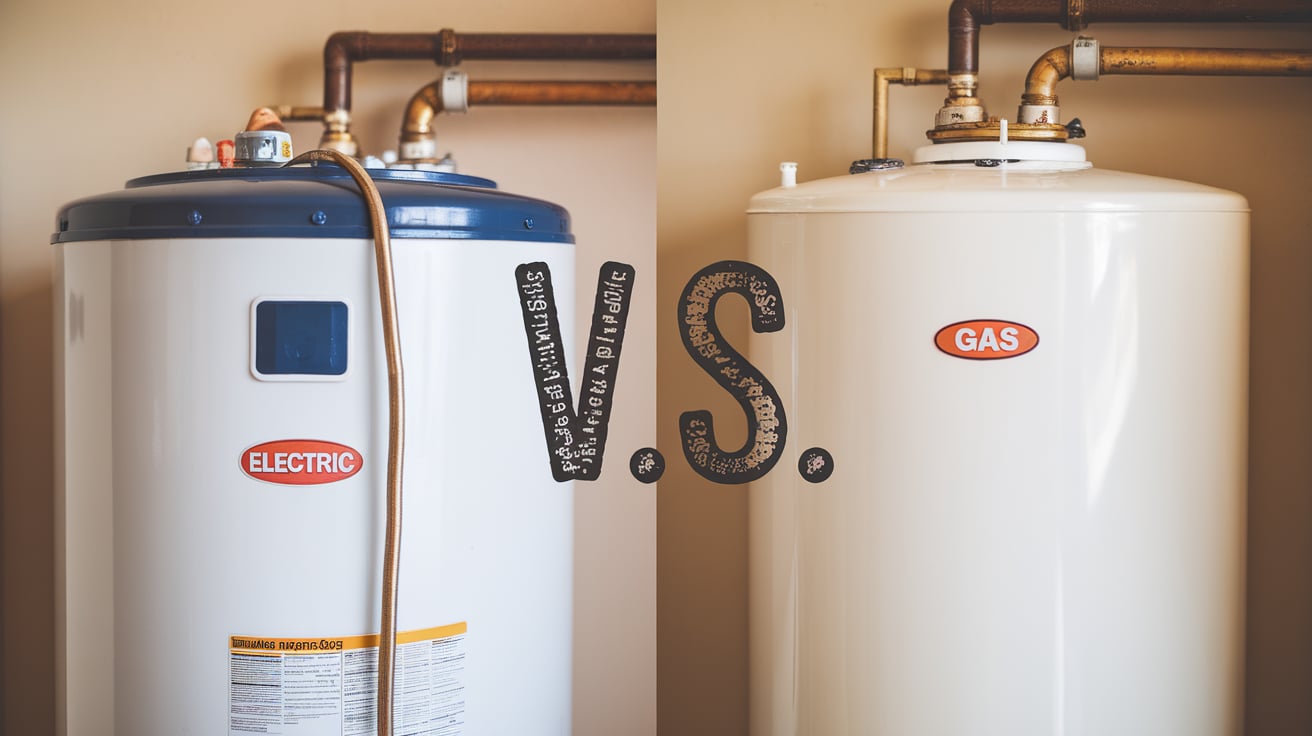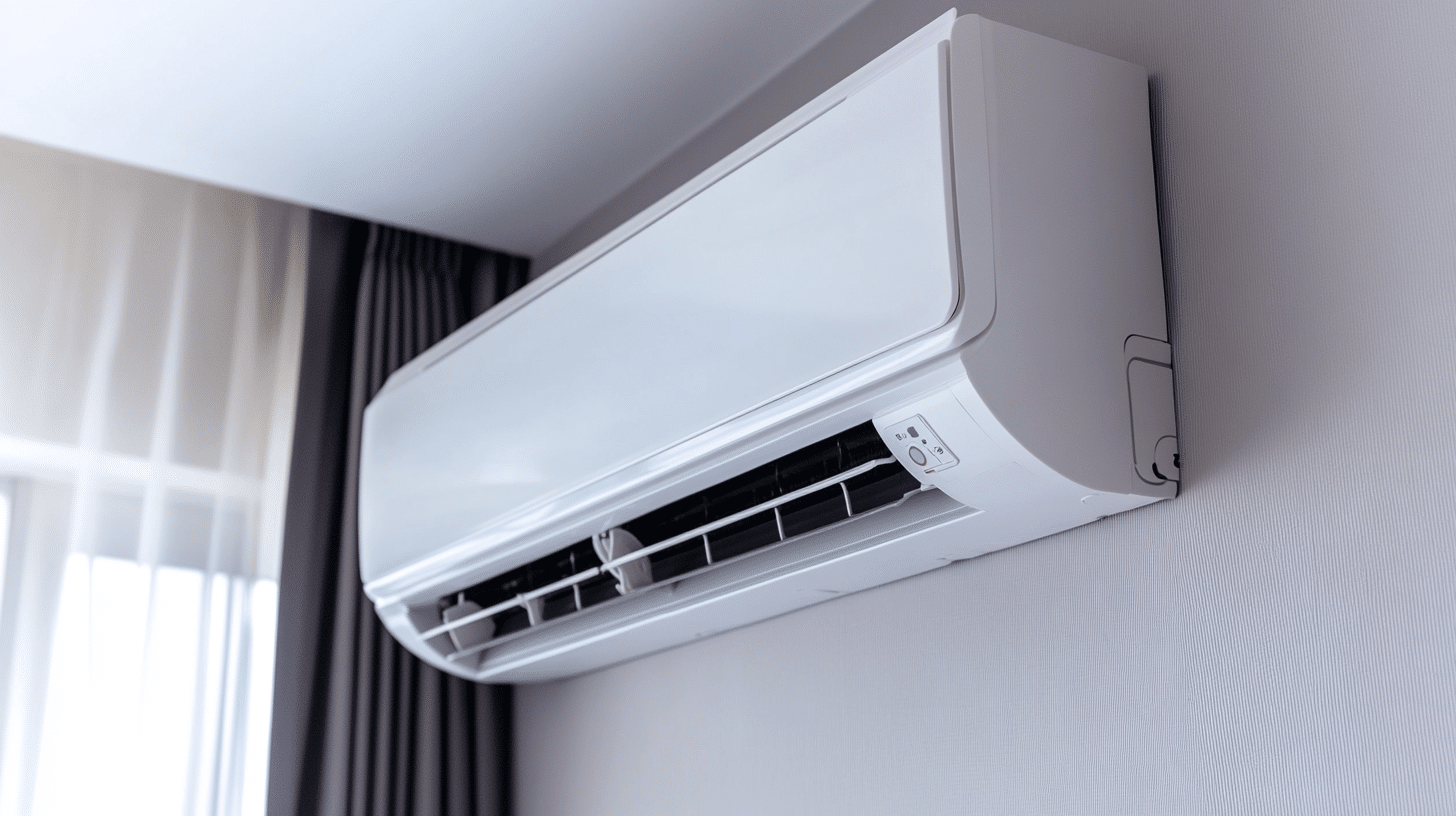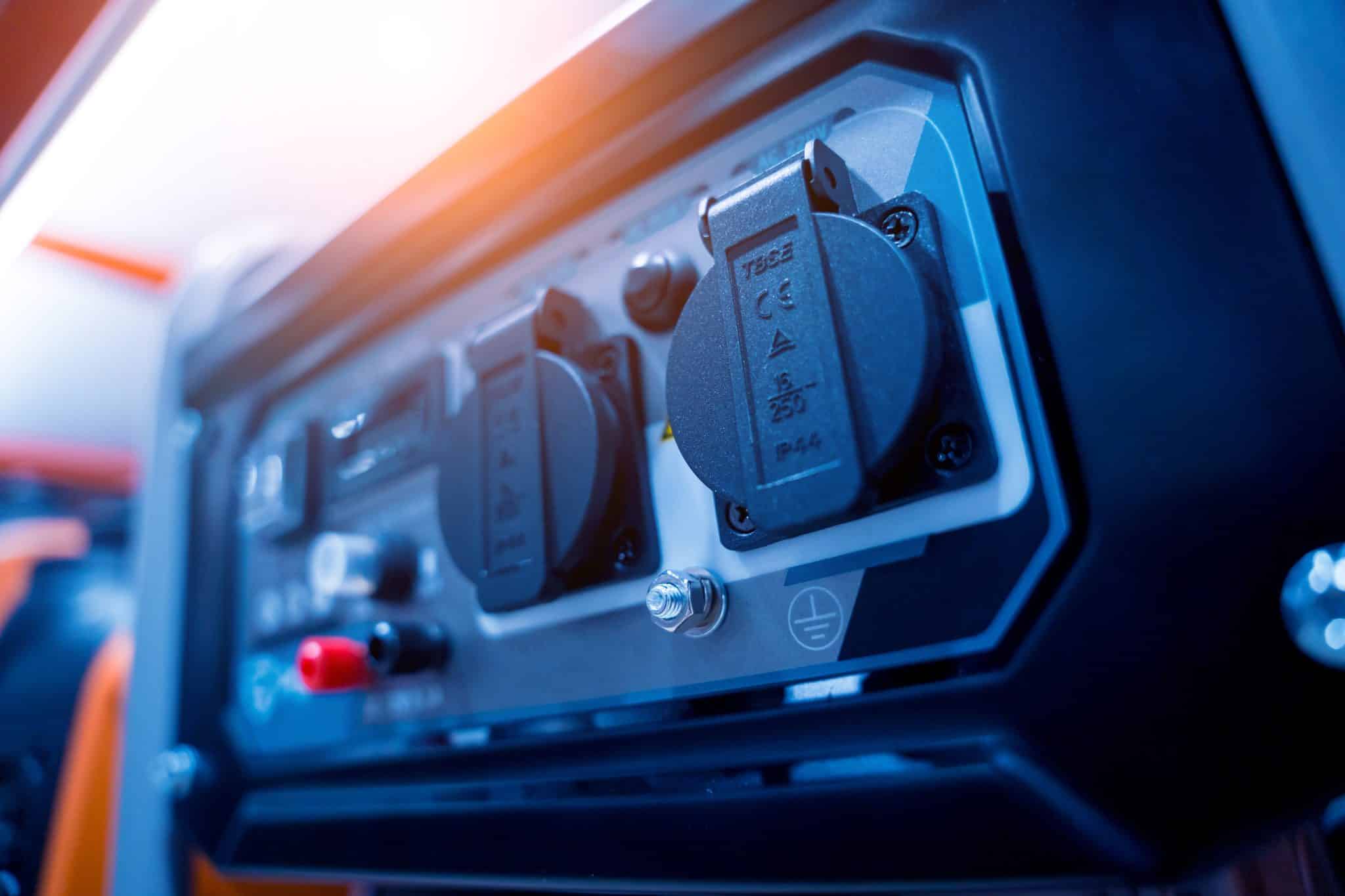Make Your Home Smarter: Where to Start
Smart homes have been a big trend for a while now. With the increasing array of devices and technology available, people who haven’t implemented smart solutions so far are starting to get tempted.
But knowing where to begin your transformation into a more connected home is a common challenge, as most people won’t do everything all at once. This blog highlights some of the initial steps of making your home smarter, focusing on user-friendly, high-impact solutions that can significantly enhance your living experience.
Smart homes integrate technology into the basic functions and tasks of a home to improve convenience, energy efficiency, security, and comfort. This integration can range from simple applications, such as smart light bulbs that can be controlled via smartphone, to more complex systems like interconnected, automated home security and environmental controls that need to be installed by an electrician.
According to research, 55% of homes in the United States have smart technology, revealing a significant shift towards the acceptance and adoption of smart home technology. What’s more, smart home adoption is expected to grow by 10% each year until 2028.
This surge in popularity makes sense considering the tangible benefits smart homes offer. For instance, energy-saving smart thermostats can learn your schedule and adjust the temperature based on when you’re home or away, potentially saving homeowners hundreds on their energy bills annually. Additionally, smart homes can enhance personal security with features like real-time video surveillance accessible from anywhere in the world, and improved convenience through voice-activated devices that help perform daily tasks.
Whether you’re aiming for more security, convenience, energy efficiency, or just cool technology, here’s more about the basics of smart home technology, and which devices you should start with for maximum impact on your life.
1. Starting with Smart Lighting
One of the simplest yet most effective ways to begin your smart home transformation is through smart lighting. Smart light bulbs and lighting systems allow you to control the lighting in your home remotely using a smartphone or smart assistant.
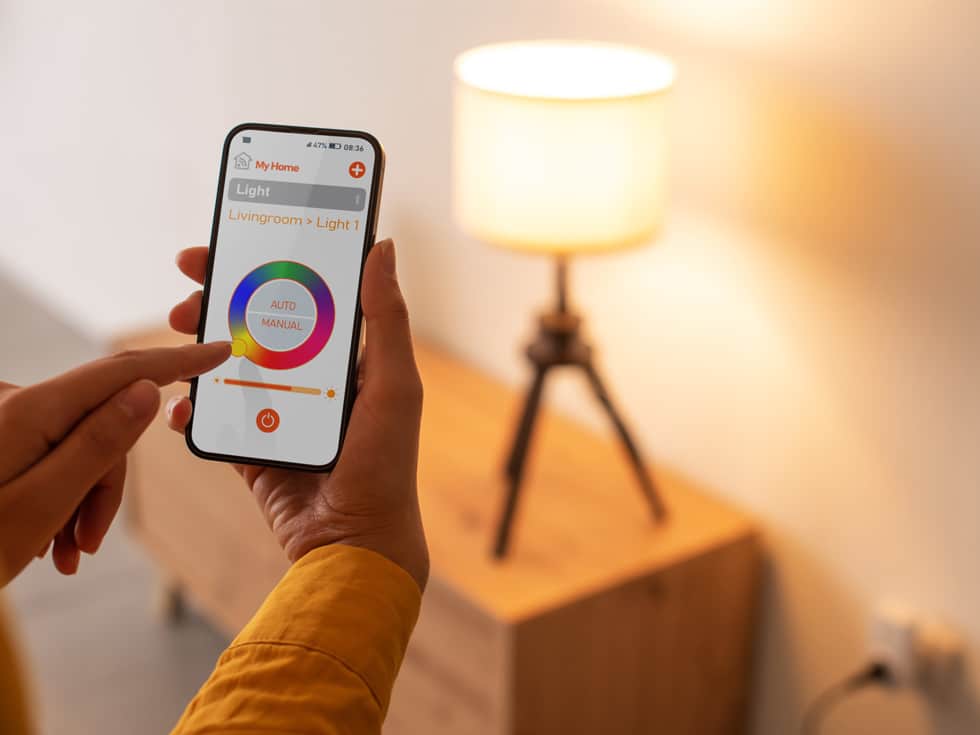
You can adjust brightness, set schedules, and even change colors with RGB LED options, creating the perfect ambiance for any occasion. This not only adds convenience but can also lead to energy savings as you can ensure lights are only on when needed.
Smart lighting is easy to install and often serves as an entry point into the broader smart home ecosystem, encouraging the adoption of more smart devices over time.
2. Enhancing Home Security
For homeowners interested in improving their home’s security, smart security systems offer a comprehensive solution. These systems can include smart doorbells with video capabilities, allowing you to see and communicate with visitors from anywhere.
Additionally, smart locks offer keyless entry and the ability to remotely control access to your home, providing both convenience and enhanced security.
Surveillance cameras with real-time monitoring and alerts add an extra layer of security, ensuring peace of mind whether you’re at home or away. Investing in a smart security system not only protects your home but can also increase its value.
3. Energy Management with Smart Thermostats
Smart thermostats are a game-changer for energy management and cost savings in smart homes. These devices learn your habits and preferences, automatically adjusting the temperature for optimal comfort while ensuring energy is not wasted.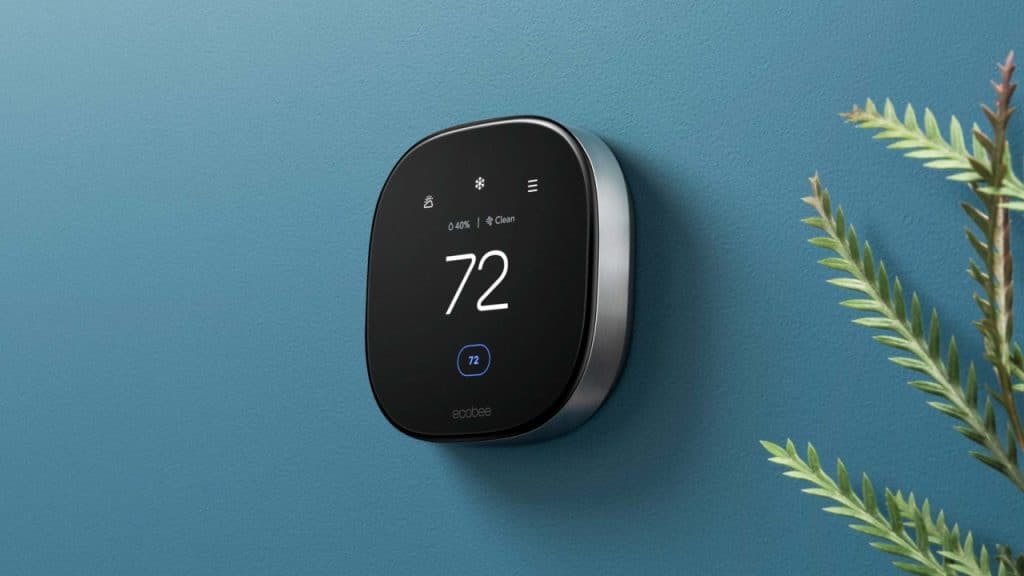
You can control them remotely, set specific temperature schedules, and even integrate them with other smart home devices for a truly interconnected home environment. Studies have shown that smart thermostats can save homeowners up to 15% on heating and cooling costs annually.
Beyond the financial savings, smart thermostats contribute to a more sustainable lifestyle by reducing energy consumption, making them a must-have in the modern smart home.
4. Smart Entertainment Systems
Transforming your living room into a smart entertainment hub marks a fun step towards a fully integrated smart home. Smart TVs, speakers, and streaming devices can all be connected to the internet and controlled through voice commands or mobile apps, offering unparalleled convenience.
You can play music, stream your favorite movies, or even display art through digital frames—all tailored to your preferences and schedule. Investing in smart entertainment technology not only elevates your viewing and listening experience but also seamlessly integrates with other smart home systems for a cohesive environment.
5. Voice-Controlled Assistants and Hubs
Central to the concept of a smart home is the ability to control your devices through a single, user-friendly interface.
Voice-controlled assistants such as Amazon Alexa, Google Home, and Apple HomeKit have emerged as the heart of many smart homes, allowing users to control smart devices, search the internet, play music, and manage calendars using simple voice commands.
These assistants can be integrated with a wide range of smart home devices, creating a network that adapts to your lifestyle needs and preferences. Setting up a voice-controlled hub not only simplifies the management of your smart home but also significantly enhances the interaction between technology and everyday life.
6. Automated Home Cleaning Solutions
The advent of automated home cleaning solutions marks a significant advancement in the realm of smart home technology. Robotic vacuum cleaners and mops have revolutionized the way we approach household chores, offering a hands-free method to maintain cleanliness and hygiene within our living spaces.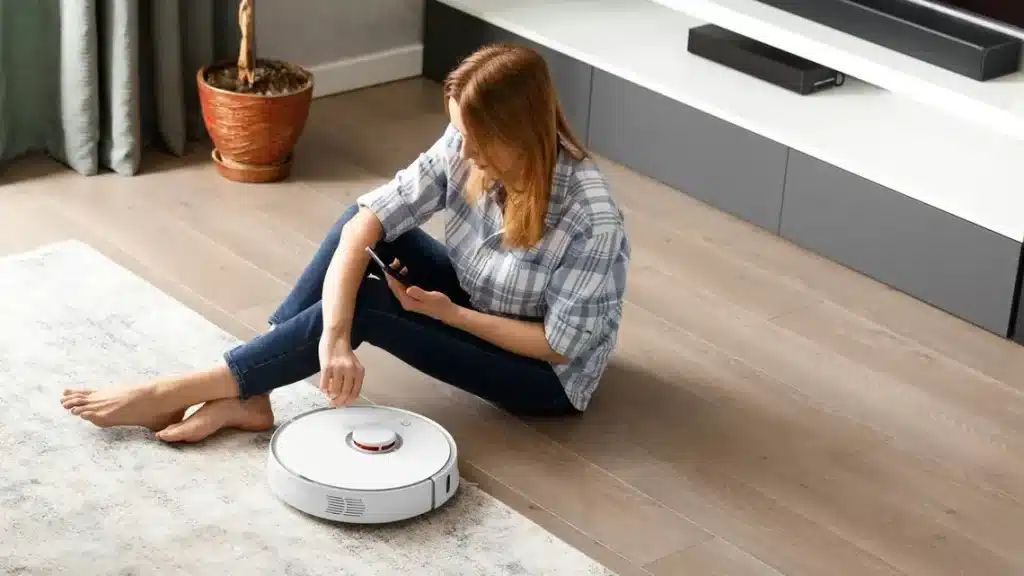
These devices can be scheduled to clean at specific times, programmed to avoid certain areas, and even emptied automatically, making them an essential component of a smart home. Incorporating automated cleaning solutions into your home not only saves time but also ensures a consistently clean environment, providing peace of mind and more freedom to enjoy your living space.
Smart home technology offers unparalleled benefits in terms of security, convenience, entertainment, and energy efficiency. From the foundational step of installing smart lighting to the advanced integration of voice-controlled assistants and automated cleaning solutions, each element contributes to a more connected, comfortable, and efficient living environment. By selecting and integrating these technologies, homeowners can significantly enhance their daily lives, making the smart home not just a futuristic concept, but a present-day reality.


